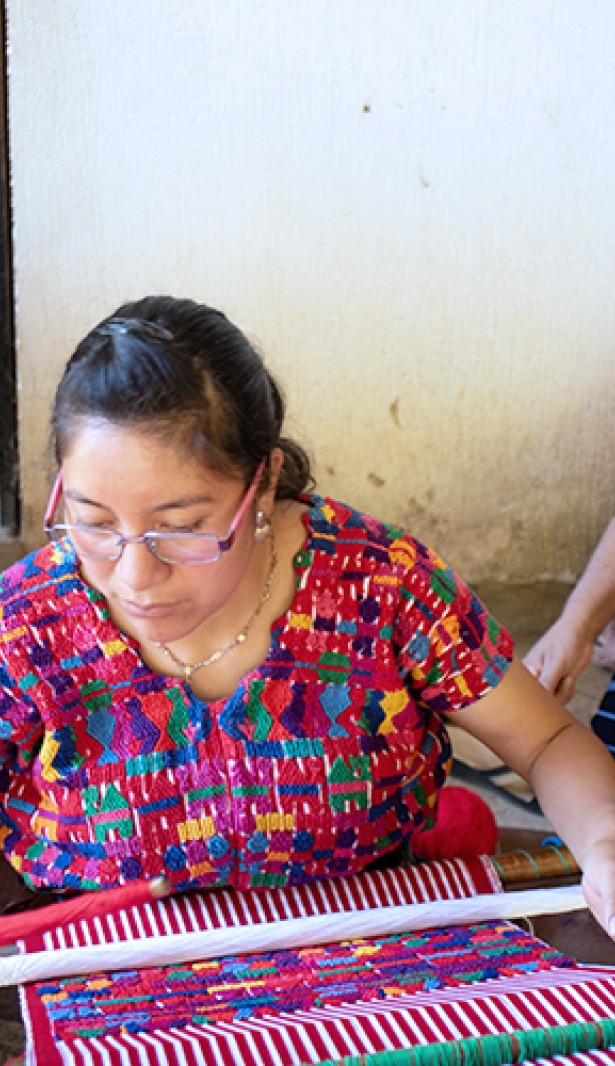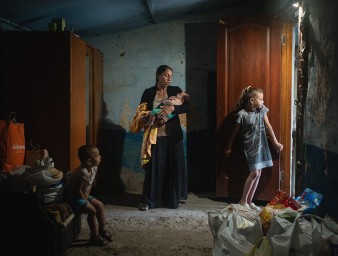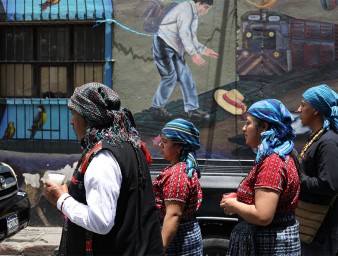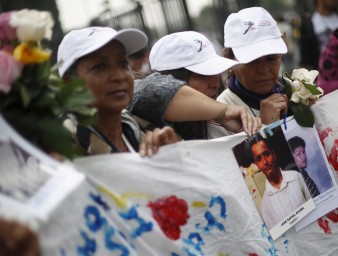Showcasing human rights success in daily lives
18 January 2019
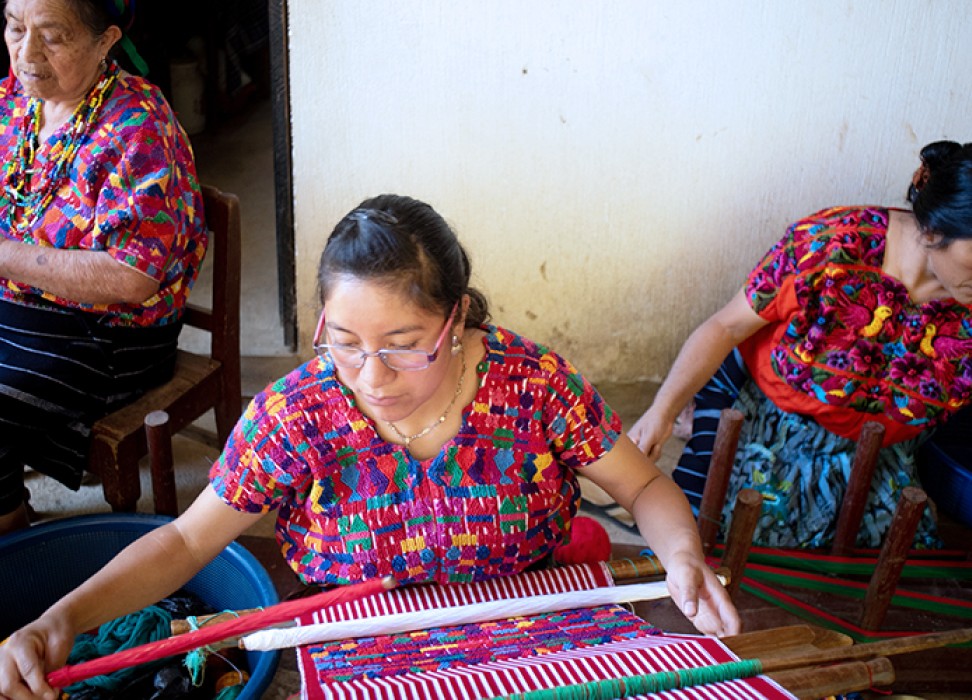
“Human rights are your tools — the best and most effective investment in a sound and safe future for your people,” said United Nations High Commissioner for Human Rights Michele Bachelet.
Bachelet made her remarks during the launch of the UN Human Rights Office’s Annual Appeal. The appeal, for US $321.5 million for 2019, will cover, what she has called the most ambitious programme of work ever drawn up by the office. The money will fund the work of some 1,300 staff in 72 presences worldwide, including the headquarters in Geneva.
The money also funds the projects and on-going work of human rights that make noticeable differences in the lives of people. Here are some examples:
Guatemala
Mayan weavers in Guatemala worked with the UN Human Rights Office in Guatemala for assistance in their pursuit for protection of their traditional weaving patterns. Under the slogan “Textiles are the books the colonists could not burn,” a weavers collective was established and some of its members trained by the UN Human Rights Office in Guatemala. Members of one group, the Asociación Femenina para el Desarrollo de Sacatepéquez, eventually presented a petition for intellectual property rights to the Guatemalan Constitutional Court.
Moldova
Determined to improve the lives of its minorities, the government of Moldova launched a human rights overhaul of Moldovan society that is nothing short of revolutionary. Two key laws that underpin this transformation – Law 60, which guarantees social inclusion of persons with disabilities, and Law 121 which provides a means to address discrimination complaints – were developed with support from the UN Human Rights Office.
South Korea
Reports place the number of people abducted during and after the South Korean war to be between 80,000 to 100,000 during the conflict and 516 since. The UN Human Rights presence in South Korea works with individuals, NGOs and others to help families of abductees press for access to information on their missing loved ones.
Kosovo*
The Multi-Ethnic Resource Centre on Missing Persons in Kosovo* provides a place for families and representatives from associations across all ethnic lines to cooperate and gather information those missing as a result of the 1998-1999 conflict. The centre was opened with the help of the UN Human Rights Office of UN Mission in Kosovo*
* Reference to Kosovo shall be understood in full compliance with the UN SC Resolution 1244 (1999) and without prejudice to the status of Kosovo*.
You can read more on these projects and other stories of impact of the work of the UN Human Rights Office on Exposure. You can support our work and read more stories of human rights impact in everyday lives in the Annual Appeal.
18 January 2019
